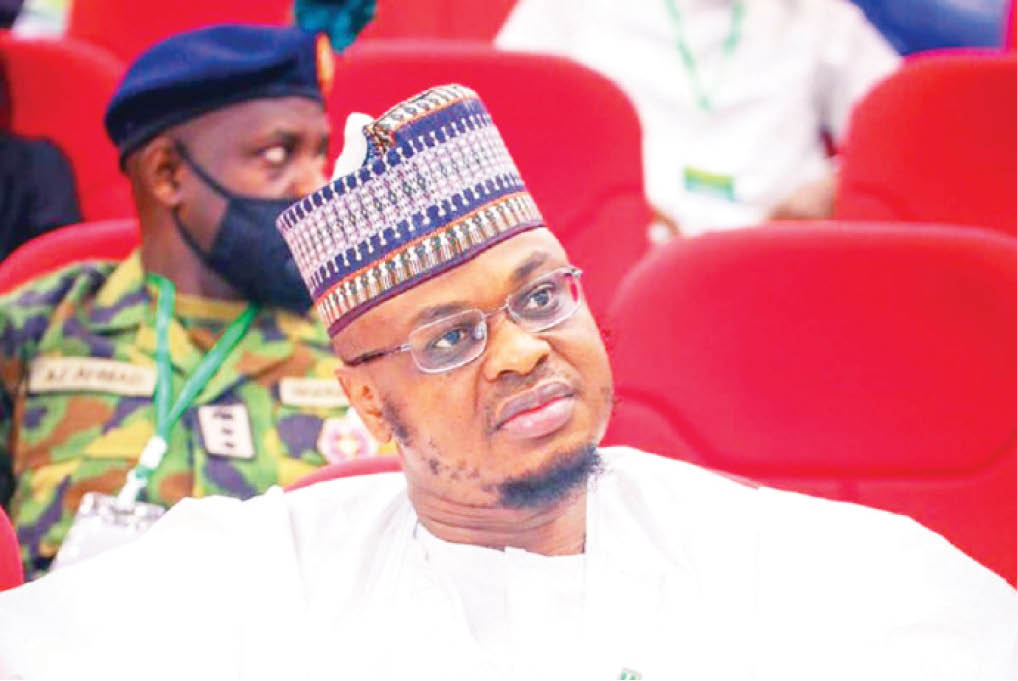On Pantami’s renunciation
The extreme Sufis were indoctrinated to be apolitical, as they believe the world is transient. Hence, there is nothing to fight over in this short life. This preaching style spread the trait of docility in the North

The Minister of Communications and Digital Economy, Dr Isa Pantami
I was so fascinated to hear that Dr Pantami renounced his earlier extreme view. On the account that he was not matured when he commenced mounting the pulpit to preach Islam. His new stance vindicates Islam and absolves many of us who believe Islam promotes peace, not terrorism. Though, most of his radical claims then were backed with verse and traditions of the prophet (S.A.W). Hence, Muslim would need more clarifications than denouncement because of the sensitive nature of the claims. Historically, scholars’ radical views had an influence on the teeming Muslim youth population. These views could either be of Sufi’s creed or Salafi’s creed. Either way, they contributed to shaping our social, economic and political life both negatively and positively.
The extreme Sufis were indoctrinated to be apolitical, as they believe the world is transient. Hence, there is nothing to fight over in this short life. This preaching style spread the trait of docility in the North to the extent that even political leaders charged with the responsibility of stewardship formed the habit of surrendering things – within their power to God.
- Lagos closes major highway for 4-week construction
- Greenfield University: Northern govs condemn killing of students
Despite the presence of a structured judicial system, some of the traditional Sufis views stagnated reforms in marriage and the Almajiri system, which entirely made us out of tune with realities.
On the other hand, Salafism was born out of the ideology of challenging the status quo though, without necessarily understanding the complexity of its environment. And the majority of its supporters and promoters are energetic young men. Their positions seem to be genuine in their forms but quite distorted from their sources. As such, many young men had burned their fingers in propelling this ideology. Those that survived it had a shift in paradigm as they grow older “it did not start with the minister”. The radical Islamic activism made the North more volatile than other regions in the country, creating bad blood among Christian neighbours and adherents of other sects.
Now that the minister denounces his earlier views, which were spread via several media outlets in the North it is now a duty upon the minister and other refined Ulamas to take their time and holistically review their earlier stance on such critical issues. This action will go a long way in reducing tension in the North. It will also bring about harmony and peaceful coexistence among different sects and other religious followers.
Dr. Nasiru Aminu Ahmad, writes from Kano
